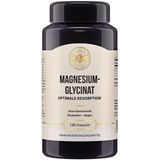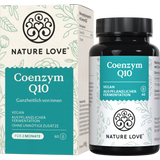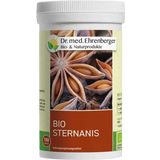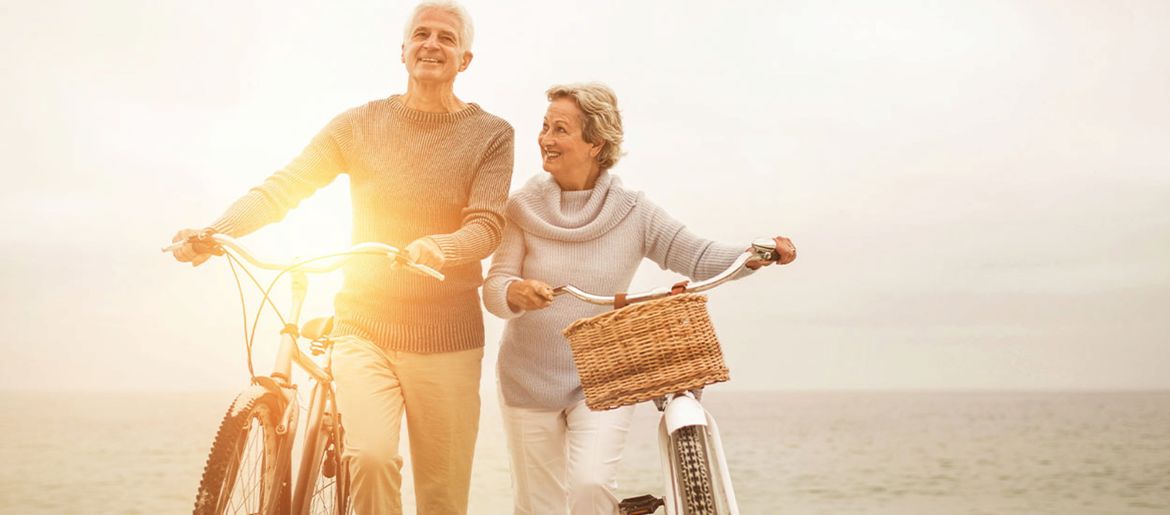Smart Ageing With The Nutrients From Raab Vitalfood
Stay fit!
Every living thing on our planet ages and dies. The span of life expectancy varies greatly, ranging from a few hours for the mayfly to 500 years for the Icelandic mussel. Sea anemones do not seem to age at all, while the Greenland shark can live up to 400 years. Other organisms die immediately after reproduction. Ageing is undoubtedly a paradox.
What happens when we age?
Apart from the external signs - grey hair, wrinkles - we usually give little thought to what happens in our body during the ageing process. There is much debate in science about the mechanisms of ageing. It is generally accepted that damage to cells and tissue, i.e. to the genes, can no longer be repaired with age. According to the Mark Planck Institute, the ageing process is characterised by nine features:
- Genomic instability: The genetic information in the cell is pathologically altered.
- Telomere wear: The shortening of the protective caps at the end of the chromosome.
- Epigenetic changes: Changes in the chromosomes.
- Loss of proteostasis: Impaired protein homeostasis.
- Impaired perception of nutrients
- Mitochondrial dysfunction: muscle diseases
- Cellular senescence: Blockage of cell growth
- Depletion of stem cells
- Altered intercellular communication
Ageing as a process of evolution
These cellular and molecular changes during ageing make us less healthy, and more vulnerable, but why does such a process develop? The answer lies in evolution. Our environment is constantly changing and all living things adapt to the circumstances. As a result, better-adapted offspring must be provided with sufficient resources from the parent generation to be able to grow and mature. The parent generation makes room for the offspring and releases these resources.
Scientists are also concerned with two main ageing theories proposed by evolutionary biologists Peter Medawar and George Williams. Peter Medawar is regarded as a representative of the "mutation accumulation theory". It states that the ultimate goal of an organism is reproduction. After that, it no longer has any evolutionary pressure, because survival is assured. George Williams' "antagonistic pleiotropy" theory proposes that certain genes that are useful when we are young, become harmful when we are older. Nature cannot select these genes, which ultimately leads to the death of the organism.
Stay fit as you age
Despite everything, the ageing process can be at least delayed. Sufficient exercise, enough sleep, a balanced diet and calorie restriction enable the body to regenerate and repair itself. Luckily, it's never too late to change your lifestyle! Even at the age of 60, 70 or 80, everyday life can still be changed. Climbing stairs or an adapted exercise program can bring new momentum. It should be clear to us that the body has not adapted to the overabundance of food in the western world in the course of evolution. The right nutrients can also make a further contribution. Raab Vitalfood supplies a range of everyday nutritional supplements: OPC, resveratrol or even spermidine. You're sure to find something that works for you!
Latest reviews
-
 4.5 (13)
4.5 (13)Vitamaze Vitamin B12 Drops, 50 ml
- Basis: purified water & vegetable glycerine
- With a pipette made of natural rubber
- Highly dosed
£17.55 (£351.00 / l)Delivery by July 09
-
 5.0 (3)
5.0 (3)i like it clean Magnesiumglycinat, 180 capsules
- Organic magnesium compound
- In an ultraviolet glass jar
- Vegan
£28.00 (£149.73 / kg)Delivery by July 09
-
 5.0 (1)
5.0 (1)Nature Love Coenzyme Q10, 60 capsules
- Made from plant fermentation
- Vegan
- Enough for 2 months
£21.00 (£428.57 / kg)Delivery by July 09
-
 4.9 (144)
4.9 (144)Dr. Ehrenberger Organic & Natural Products Organic Star Anise, 180 capsules
Bestseller- 100% natural origin
- Powdered whole star anise
- Contains no fillers or preservatives
£37.00 (£411.11 / kg)Delivery by July 09
Magazine Articles:
-
Great Britain: Free standard delivery from £69.90
-
Free
returns -
We operate in a
climate-conscious manner. More than 8.350 products

